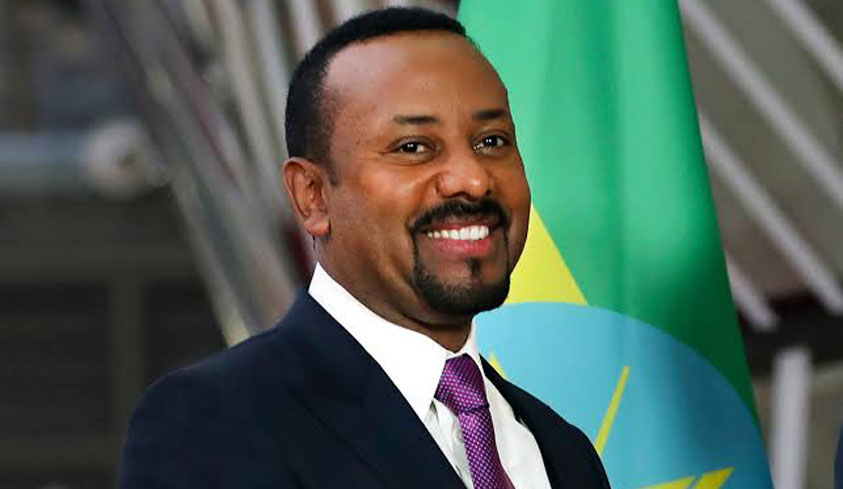ADDIS ABABA, , In a bold move signaling a significant pivot from Ethiopia's traditionally state-controlled economic policies, Prime Minister Abiy Ahmed has announced a forthcoming policy shift that will open the doors for foreign property ownership in the nation.
Since his ascent to power in 2018, Ahmed has been instrumental in initiating reforms aimed at liberalizing Ethiopia's state-run economy.
The revelation came during a broadcast on state television on March 23, where Ahmed declared the government's intention to legislate the allowance of property ownership by foreigners.
However, specifics regarding when this proposal will be presented to parliament remain undisclosed.

Prime Minister Abiy Ahmed, who has sought to liberalize the country’s state-run economy has announced that “We will introduce a law that will allow foreigners to own properties."
This development marks a departure from Ethiopia's long-standing prohibition on foreign property ownership, a stance rooted in both political and economic apprehensions.
The country's governance structure, following the socialist revolution of 1974 and lasting until Ahmed's tenure, had been particularly cautious of easing regulations, fearing the erosion of national sovereignty by external influences.
Ethiopia's unique political narrative, coupled with its distinction as one of the two African nations that evaded European colonization, has historically positioned it at odds with the common continental practice where significant real estate and business franchises are often under the ownership of a few influential families and their international affiliates.
Concerns have also been raised about the potential repercussions of this market liberalization on the local population, with apprehensions that it could render the real estate market inaccessible to some Ethiopians due to escalated prices.
Nevertheless, Ahmed's administration has made noticeable strides in diminishing state dominance over the economy, notably inviting international investments in the telecommunications and banking sectors, albeit with mixed outcomes.
The impending legislation on foreign property ownership is anticipated to introduce a substantial transformation.
According to Solomon Assefa, a local property developer interviewed by Semafor Africa, this shift could significantly benefit the economy by attracting foreign currency.
While he notes the saturation in the luxury real estate segment, Assefa expresses skepticism about Ethiopia's allure to foreign buyers in comparison to global hotspots like Dubai.
The country's competitive advantages for attracting foreign investment are likely to be its cost-effective labor force and government-subsidized electricity, positioning Ethiopia on a new trajectory in its economic development journey.
-30-